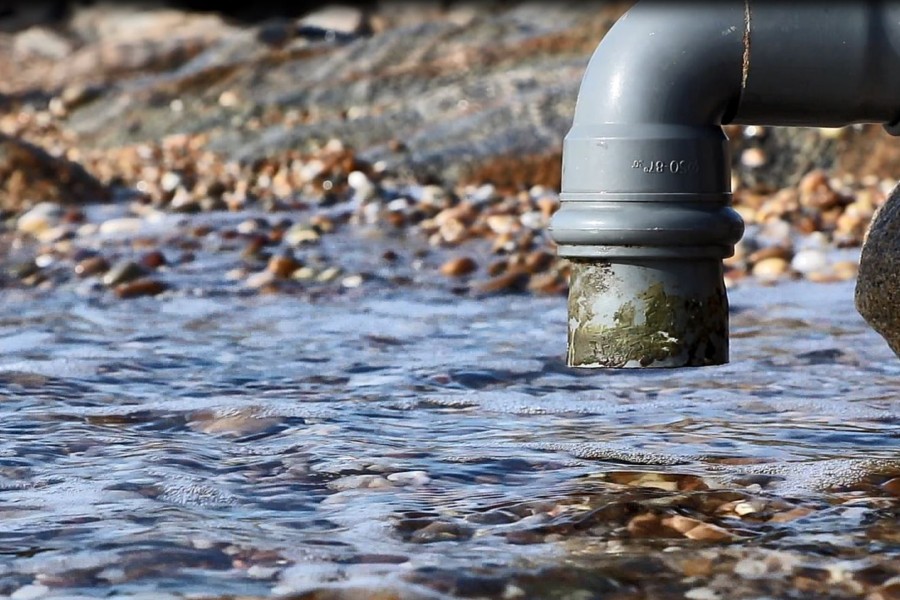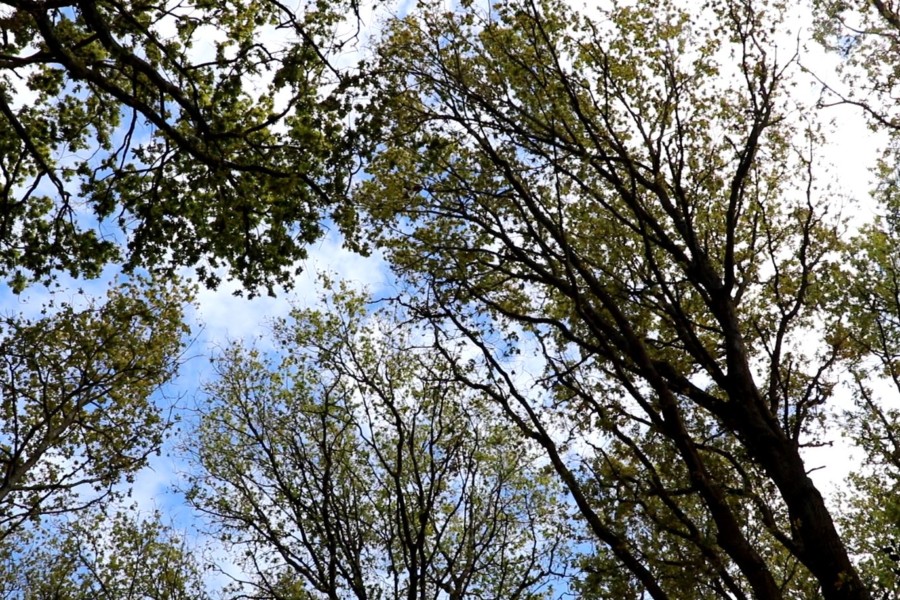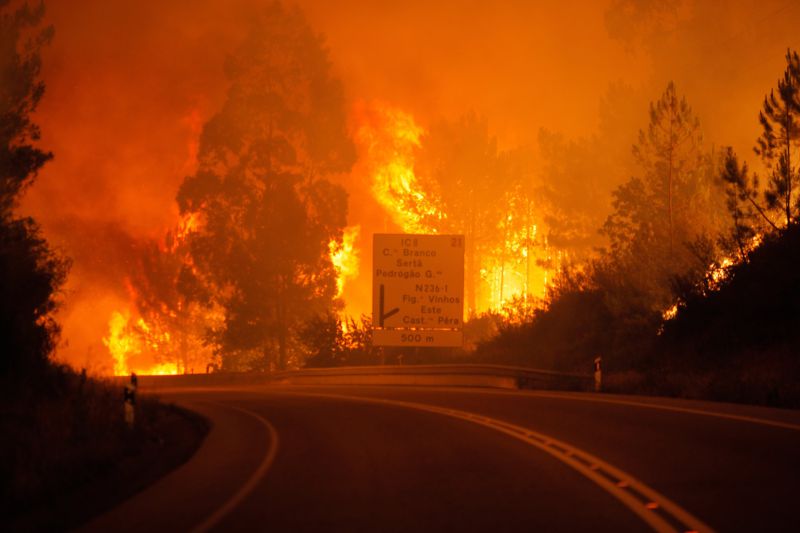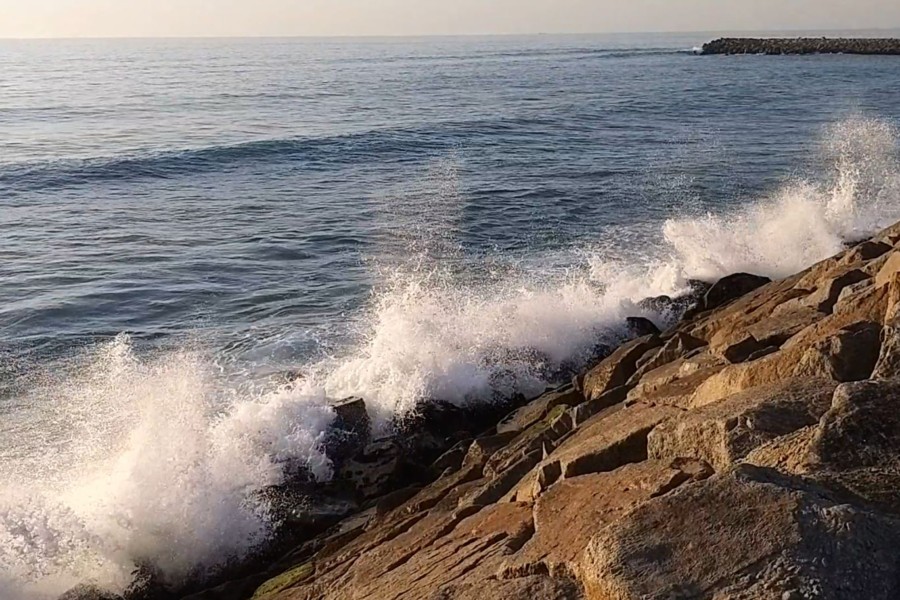
Pelo cano abaixo
Um ato habitual nas cozinhas é fritar batatas e deitar o óleo na banca.
Este segue o seu percurso pela canalização até ser depositado…no mar.

Forest, Economy and Life
The species of the native forest are perfectly suited to the soil, relief and climate conditions and provide important functions and services, the ecosystems services, that must be valued and quantified. This is the way to protect the forest.

Save our Forest, save our lives…
Forests are an essential part of our planet. They maintain the balance of several eco systems. Every year, however, frightening forest fires in California or in Australia become news. And Portugal is not an exception. Forest fires are a constant reality in our country too. Every year, in the peak of summer, thousands of acres of forest are swallowed up by the fire. In June 2017, Portugal suffered one of the most devastating fires ever in its history, known as Pedrógão Grande Wild Fires, where 66 people lost their lives. Are fires inevitable and uncontrolled phenomena?

Send love to the oceans
All the water in the world is connected. Lakes, rivers, oceans are all one: the hydrosphere. Without it, there’s no life.
More than 8 million tons of plastic are dumped in our oceans every year.
A lot of that plastic comes from the rivers. When we pollute a river, we are polluting the oceans.
Protecting the oceans is a matter of love: love for every single species that live on Earth, the only home we know.
Send love to the oceans. Send love to life.


You must be logged in to post a comment.